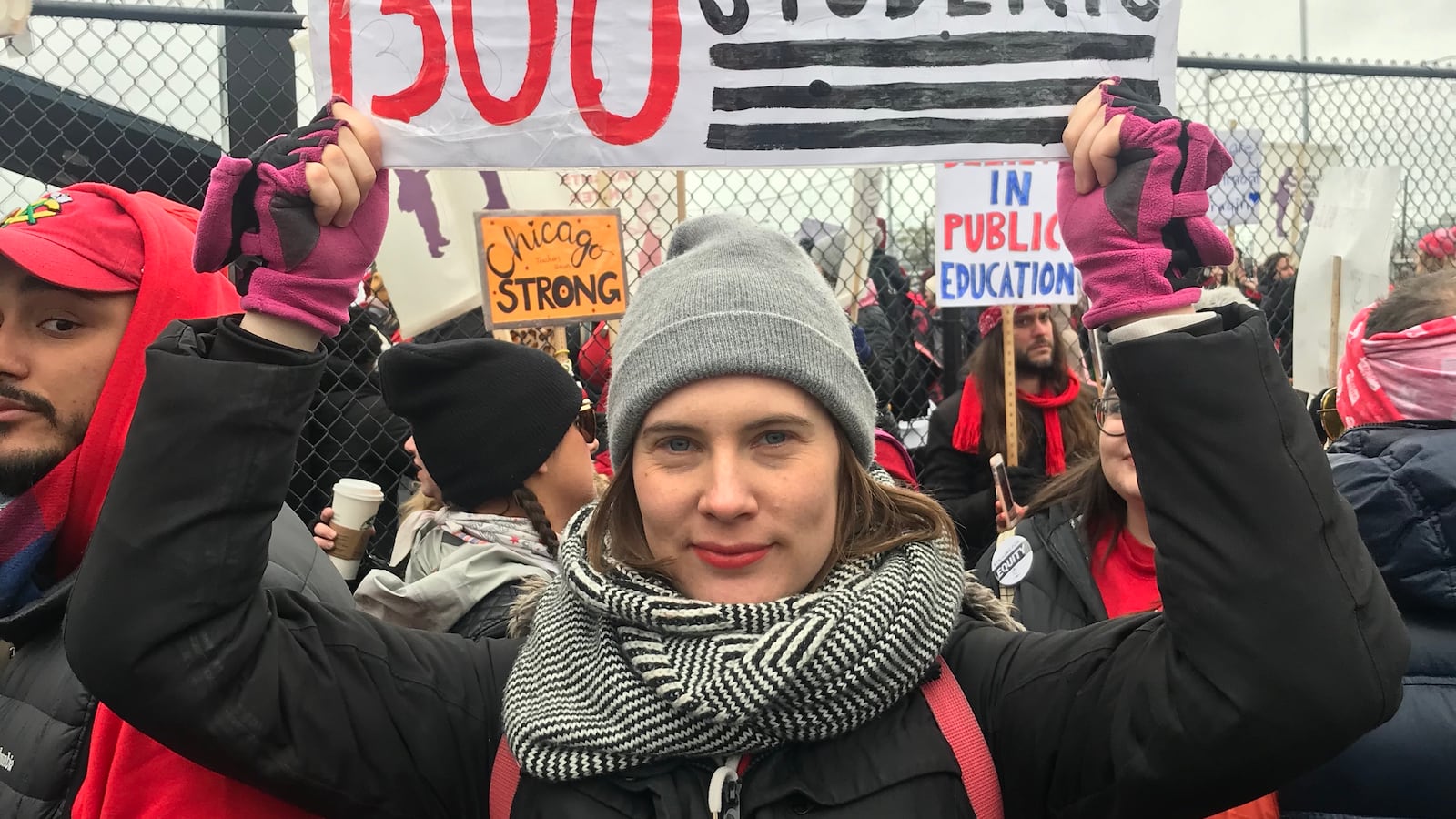The decision about which days will be made up after Chicago’s teachers strike is one important step toward turning their contract deal into reality.
But three other big things need to happen before the contract is set in stone.
Signoff by attorneys
There were lawyers in the room when city and union negotiators reached their agreement. But some of the language was finalized during tense bargaining sessions. Now, before the deal goes up for final approval, attorneys from both sides will review the contract language.
Their signoff will communicate that the new terms comport with the law — a significant question when it comes to special education, where the school district is under state oversight because of previous illegal practices — and are seen as technically in line with the goals of the people who negotiated them.
A secret-ballot ratification vote
The trickiest step in the deal’s path to finalization is the union’s ratification vote. That will take place Nov. 14 and 15, when the union’s 25,000 teacher, clinician, and paraprofessional members will vote in secret ballots at their schools or at the union’s headquarters on whether to approve the contract.
According to the union’s constitution, members have to vote within 10 school days of the strike being suspended. A simple majority of union members — 51% — must approve the contract.
If they accept the deal, the strike is officially over. Currently, it is only suspended. If they don’t, the union has five days to reconvene a House of Delegates meeting to vote on whether to continue the strike.
Approval is not a foregone conclusion. The House of Delegates voted in favor of the tentative agreement — but at an unusually narrow margin of 364 to 242 in favor.
In 2012, the last lengthy teachers strike, about 98% of delegates voted in favor of the tentative agreement and ending the strike, while 79.1% of teachers eventually voted in favor of ratifying the contract.
A thumbs up from the Chicago Board of Education
Once the union’s representative body has ratified the contract, the Chicago Board of Education must approve the deal.
The next board meeting is Wednesday, Nov. 20, at Chicago Public Schools headquarters at 10:30 a.m.
The city is also asking the board to approve a revised budget for the year, and approve additional school days to make up for those missed during the strike.
Lightfoot controls the board, whose members she appointed in one of her first education acts after taking office. Her appointees include education researchers and parent activists who have been more vocal than previous boards — and in the case of board president Miguel del Valle, showed support for some of the union’s demands during the strike — but have not voted down any major proposals that came across their desks. That means their signoff should be expected.
But it might not come without another public discussion of the contract deal. Speakers can register to speak at the board meeting beginning on Nov. 18.

